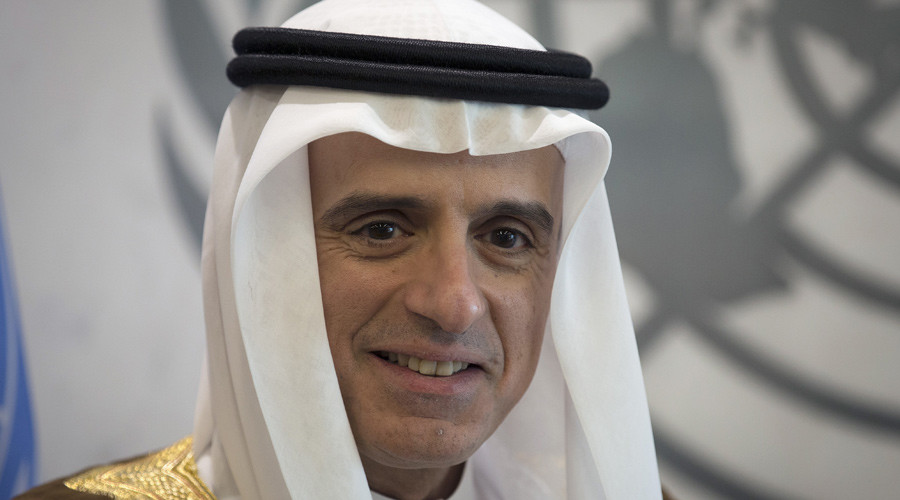London – Saudi Minister of Foreign Affairs Adel Al-Jubeir said on Monday that an agreement might be reached over truce in Yemen, should the Houthi rebels abide by the conditions of the ceasefire.
He added that U.N. Special Envoy to Yemen Ismail Ould Cheikh Ahmed has called for an immediate and unconditional ceasefire in the war-torn country, stressing the Kingdom’s keenness on ending the ongoing violence and moving towards the reconstruction of the country.
Al-Jubeir held a press briefing on Monday with a number of global TV channels and newspapers at the headquarters of the Saudi Embassy in London.
“We would like to see a ceasefire yesterday,” Al-Jubeir told reporters. “Everybody wants a ceasefire in Yemen, nobody more so than the kingdom of Saudi Arabia and the coalition members,” he added.
“So yes, we come at this with a lot of cynicism. But we are prepared, the Yemeni government is prepared, to agree to a cessation of hostilities if the Houthis agree to it. The coalition countries will respect the desire of the Yemeni government,” Al-Jubeir said.
The press briefing was attended by Prince Mohammed bin Nawaf bin Abdulaziz, Saudi Ambassador to the United Kingdom.
The Saudi foreign affairs minister highlighted a number of regional and international issues, including the crisis in Yemen, Syria and Iraq as well as the current efforts to combat terrorism.
He said that Houthi rebels have breached 70 times ceasefire agreements, launched air strikes against Saudi territories and killed soldiers on Saudi-Yemeni borders.
Asked about an air strike this month on a funeral gathering in the Yemeni capital Sanaa that killed 140 people according to a United Nations’ estimate, the foreign affairs minister said the attack was based on incorrect intelligence information.
When asked about an offensive in the Iraqi city of Mosul, Al-Jubeir said that ISIS would lose the war. But he added that he was worried about other extremist militias entering Mosul and “engaging in bloodbaths”.
“This would have tremendously negative consequences and would further inflame the sectarian tensions in Iraq. That would be the greatest danger we see,” he said.
Commenting on the Justice Against Sponsors of Terrorism Act (JASTA), Al-Jubeir said the new law threatens international relations and the values of territorial sovereignty.
He said he hoped the U.S. Congress would resolve this matter the soonest possible.
